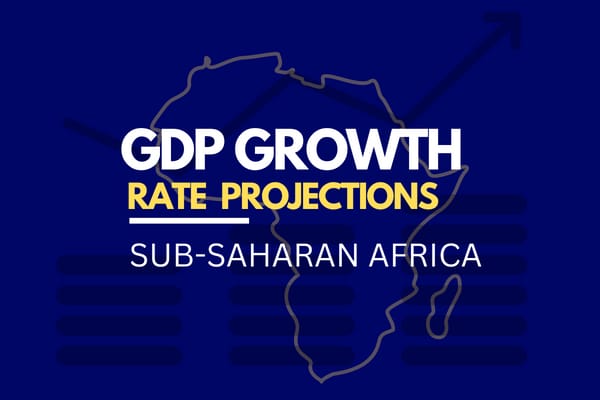The International Monetary Fund (IMF) has predicted that 26 Sub-Saharan African Countries, including South Sudan, will end 2022 with GDP growth rates higher than Ghana.
In the most recent World Economic Outlook, the IMF forecast Ghana’s Gross Domestic Product (GDP) growth rate to slow down from 5.36% in 2021 to 3.59% by the end of the year, with a further decline to 2.84% in 2023.
According to the IMF, the widening fiscal needs, and limited finance, have compelled a few sub-Saharan African countries to tap their central banks in 2020 to help fund their crisis spending (Democratic Republic of the Congo, Ghana, Mauritius, Nigeria, South Sudan, Uganda).
IMF stated:
“If the pandemic persists, some may have little choice but to look to this source of funding once again. Direct central bank lending to the government may jeopardize the former’s long-term effectiveness and undermine its commitment to contain inflation, with potential longer-term costs for the most vulnerable segments of the population. But in extraordinary circumstances, it may simply be impossible to obtain enough financing from any other source. Countries should use such financing only as a last resort, and if used, it should be on market terms, time-limited, and with an explicit repayment plan over the medium term. Repeated monetization would de-anchor inflation expectations and add to pressures on the currency.”












